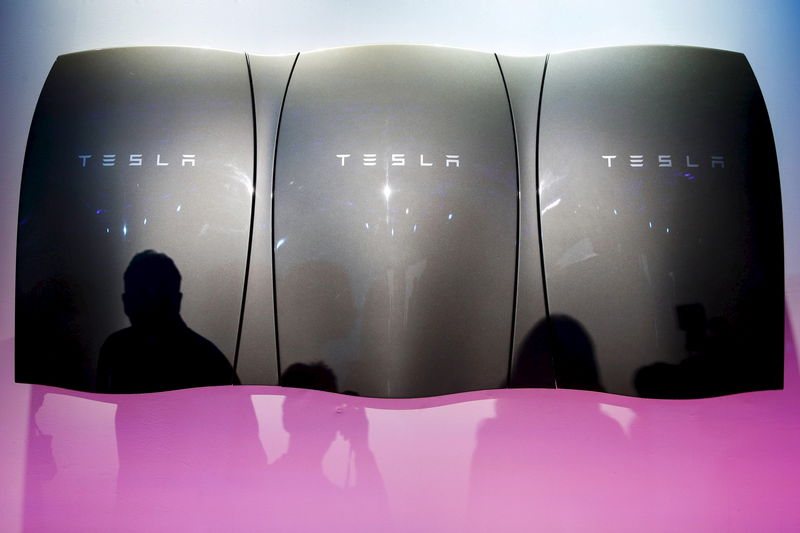Wall St futures flat amid US-China trade jitters; bank earnings in focus
Morgan Stanley (NYSE:MS) has released a report titled "10 Reasons China Is Leading the Robot Race," detailing how China has successfully positioned itself at the forefront of robotics and AI-enabled machines. The report notes that China’s "Made in China 2025" industrial policy, enacted in 2015, has widely succeeded in its goal of transitioning the country from producing low-value goods to high-tech manufacturing. This transformation has significant implications for global automotive and technology leaders like Tesla (NASDAQ:TSLA), which currently commands a market capitalization of over $1 trillion and generates annual revenues exceeding $95 billion. According to InvestingPro analysis, Tesla maintains its position as a prominent player in the automotive industry while actively developing its robotics capabilities.
The report identifies China’s control of rare earth elements as a critical advantage, with the country holding 65% of global mining and 88% of refining capacity for these materials essential to mobile machines. This control effectively allows China to "dial the output of the Western manufacturing complex" across industries including automotive, robotics, and defense, according to Morgan Stanley.
Foreign technology transfer has played a significant role in China’s advancement, beginning with the 1979 Sino-Foreign Equity Joint Venture Law that facilitated partnerships between Western and Chinese manufacturers. The report suggests these relationships helped China absorb and refine manufacturing techniques developed over decades in other countries.
China’s network of Government Guidance Funds has accelerated innovation by promoting "creative destruction" similar to Silicon Valley’s venture capital ecosystem, the report states. Additionally, the country’s Military-Civil Fusion doctrine has guided research toward dual-use technologies with both commercial and military applications, exemplified by DJI’s 70% control of the global drone market. For investors seeking deeper insights into how this competitive landscape affects global technology leaders, InvestingPro offers comprehensive research reports covering 1,400+ top stocks, including detailed analysis of market positioning and competitive advantages in emerging technologies.
Demographic challenges have provided natural incentives for China to develop physical AI technologies, while public enthusiasm is cultivated through coordinated displays like humanoid robot marathons and competitions. The report also cites China’s educational focus (35 million vocational students), R&D subsidies, infrastructure investment (4.8% of GDP), and strategic long-term planning as key factors in its robotics leadership.
In other recent news, Tesla plans to expand its virtual power plant operations in Japan by offering free storage batteries to companies, managing them remotely to balance energy supply and demand. This initiative is a collaboration with Fuyo General Lease and Global Engineering, aiming to stabilize the energy grid in Japan. Meanwhile, Piper Sandler reiterated its Overweight rating on Tesla, maintaining a $400.00 price target, following reports of driverless Tesla vehicles being tested on public streets in Austin, Texas. The firm noted that these developments are a key component of its investment thesis for Tesla, expecting the stock to sustain upward momentum barring any significant incidents. Additionally, U.S. President Donald Trump expressed appreciation for Elon Musk’s apology regarding recent social media posts, with the White House confirming no review of government contracts with Musk’s companies has been initiated. These developments come amid broader market fluctuations, with Tesla leading the Magnificent Seven stocks in premarket trading at times. Despite some volatility, Tesla’s recent activities and collaborations suggest ongoing strategic growth and investor interest.
This article was generated with the support of AI and reviewed by an editor. For more information see our T&C.
